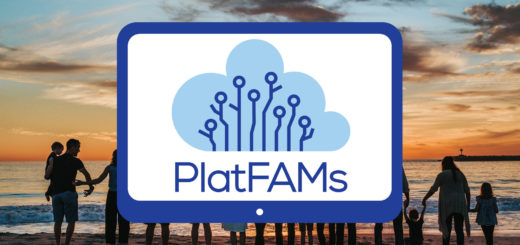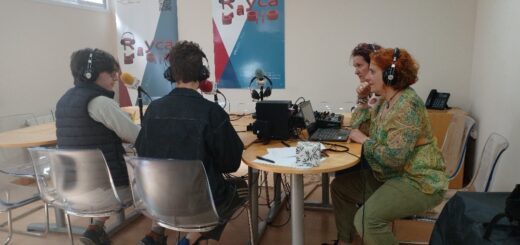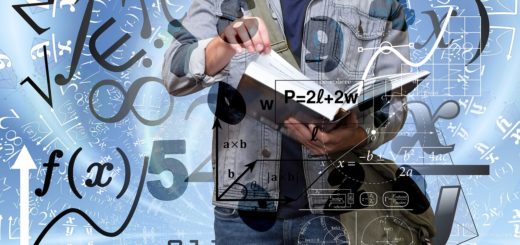An educational vision of disinformation: resources and tools for literacy
Disinformation is a complex phenomenon that combines evidence with inaccurate data and uses various digital media for its dissemination. There are different terms to define different characteristics. «Disinformation» is the creation and dissemination of false information in order to create confusion and harm. “Missinformation” is untrue information that is disseminated without intent to mislead or harm. “Malinformation” is based on some real data that is maliciously reinterpreted to produce negative effects on people, communities, organizations or countries.
And multiliteracy is the tool that allows us to develop the skills and abilities necessary to train critical citizenship. «Media literacy» aims to train informed citizens who are capable of evaluating the information they receive. «Information» literacy develops critical thinking and making reflective judgments about any information. «News literacy» allows us to know how news is made and to evaluate all the factors that influence its production, dissemination and consumption. «Data literacy» fosters knowledge about the personal information we share in our digital lives. Finally, «digital literacy» includes the entire set of knowledge, skills and attitudes necessary as users and creators of digital devices and content.

Attribution: Image by Gerd Altmann on Pixabay
A Systematic Literature Review has been the methodology that we have used to know, among other things, what are the pedagogical approaches on the use of multiple literacies for the problem of disinformation; and what educational tools related to literacy to overcome fake news can be identified in the literature.
The results allow us to recognize three pedagogical approaches to the phenomenon of disinformation. First, competency strategies, that is, the design of training actions aimed at critical thinking (cognitive skills that require an open mind and selecting quality information); lateral reading (strategy to decide where to direct searches in digital sources); inquiry (active research-based teaching-learning methods) and game-based learning (playful dimension through newsgames). Second, a content-centered approach that includes news evaluation, news production, and knowledge co-construction, where Wikipedia is used as a model for rigorous information processing. Third, education for citizenship through civic education (reflection on ideological biases and their impact on democracy), the «vaccine effect» that considers disinformation as a «sociocultural pandemic») that requires prevention and attention to vulnerable citizens who, for different reasons, can more easily accept disinformation.
In relation to educational tools and resources used to combat misinformation, three categories have been identified. The first includes different evaluation instruments: checklists to evaluate educational resources, evaluation of news sources, tools for detecting fake news, and questionnaires to evaluate behaviors and attitudes towards disinformation. The second includes various curricular designs: frameworks and teaching methods. And, the third, includes educational resources such as repositories and educational platforms or video games.
In conclusion, an educational vision of disinformation implies that education professionals develop a educational approach that promotes critical thinking, involves citizens in the creation of information, and fosters civic attitudes. For this, it is essential that teacher training develop digital competence with special attention to media and information literacy.

Attribution: Image by Gerd Altmann on Pixabay
Author
Jesús Valverde Berrocoso
Universidad de Extremadura
Nodo Educativo






